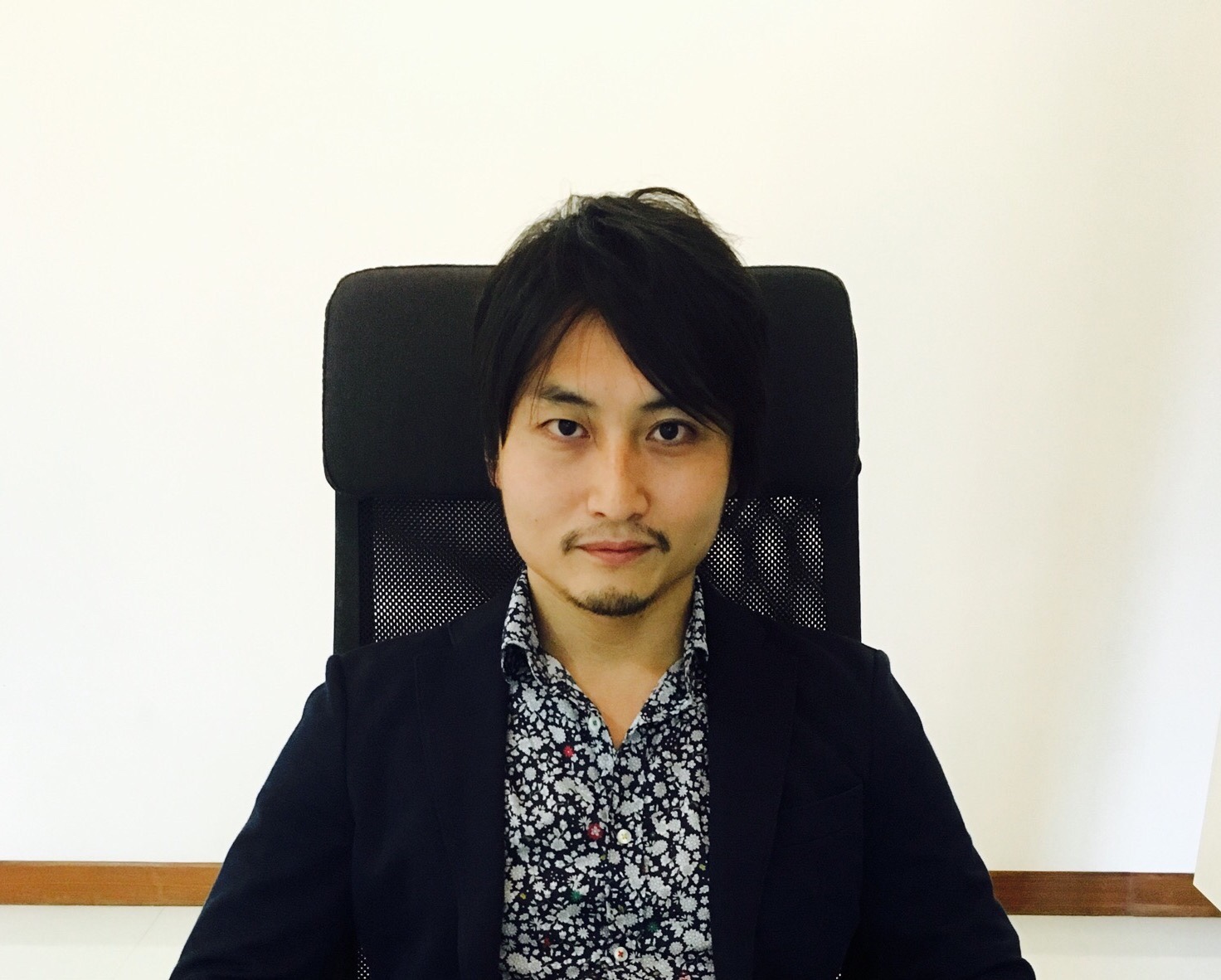Koichi Saito of KK Fund
Koichi Saito
Koichi Saito of KK Fund
By
Claudine Ng
The startup
world has its eyes on South East Asia for opportunities since its recent
emergence with promising entrepreneurs. Though the startup ecosystem in South
East Asia is still not matured yet due to its potentials, it attracts several
investors predominantly from Japan and China that are aiming to expand in the
said region. One of which is a Singapore based capital fund investment firm, KK
Fund, which can promise to open exit opportunities for Southeast Asia’s startups
with their wide network in Japan and China.
Fulfilling the Asian Dream
Launched
in 2015, KK Fund has made more than 10 investments in the region particularly Southeast
Asia, Hong Kong and Taiwan, across four
themes: marketplace, financial technology, logistics and media/entertainment. KK
Fund’s company name derives from the initials of the founders Koichi Saito and
Kuan Hsu. Koichi, a veteran in the investment industry for having more than 10
years of experience, foresaw the great investment opportunity with confidence
in leverage with his network in Japan and South East Asia—in terms of reaching
later stage capital and exit opportunity in spite of the market being still in
progress of development.
Before
setting up KK Fund, Koichi
started his
career as a moneylender at Orix Corporation and an investment banker at
Mitsubishi UFJ Morgan Stanley Securities. He also worked at Private Equity fund
established by George Soros for more than 5 years. After obtaining his MBA from
IE Business School in Spain, he was inspired to get involved in start-ups so in
2013, he decided to join a VC fund in Singapore called IMJ Investment Partners
and became a representative director in Southeast Asia. He made a couple of
investments including ZipMatch and mClinica in Philippines. In early 2015, he
decided to set up
his own fund, KK Fund, and has actively invested in South East Asian startups
ever since then—fulfilling his life goal of setting up a large financial group
in Asia with his partner.
As a
veteran in the industry, he has encountered several difficulties; one of which
is decision making. When asked for his experience, he mentioned that he has met
great founders with solid business but they offer higher valuation than
expected. In most of the cases, Koichi passes the deal when they could not
agree on valuation, but he also reconsiders if the opportunity loss might be
huge.
There
are some people who say startup investment is a bubble—especially in the U.S.
because some of the unicorn startups do not have good fundamental business
models and many investors have liquidation preference that increases the gross
valuation but not the net valuation. Subsequently, that trend in the U.S.
indirectly affects South East Asian startup industry, but only just a little
because the appetite of investors is still very strong in South East Asia like
how KK Fund resists to slow down in investing in the region. In fact, KK Fund
recently just launched its second fund, and continuously seek for investment
opportunities in the region.

Wisdom from the veteran
Peculiarly,
what sets himself aside from other investors is how he differentiates good
investors with bad investors by how they keep their distance from the startups.
He finds bad investors interrupt the startup’s growth by asking for too many
documents and involving themselves in the operations too much that it ends up
delaying the activities of the startup. For Koichi, “good investors always keep
healthy distance with startups, but continuously support them in terms of
business development, setting up key performance indicator, fund-raising, and
merger and acquisition” Koichi stated. “Good investors are also always welcome
to chat whenever startup founders want to!”
With
over a decade of experience, Koichi has developed a system in selecting
founders to invest with. He mainly checks the founder’s background and
expertise, and if it fits his/her current business because investing is just
not on a business model but also the ideas, dreams and skills of the persons
behind the scenes. With funding, the founders are able to hone their potentials
and provide something for the world as well as providing exit opportunities for
investors.

Bilateral communication
“Meeting entrepreneurs is always fun. Learning
from great investors is also fun and it encourages me to support the startup
ecosystem here in Southeast Asia.” Koichi detailed when asked about his
favorite activity as an investor. Koichi invests in startups at an early stage
and advices founders to have agreements and to take the tech side of their
startup very seriously and even recommends having a tech founder. Another
advice from him that stands out is how he tells founders to look at the
customers than competitors because they will be the ones primarily giving you
ideas on what to innovate. Additionally, seasonality is one of the ones that Koichi
warns founders because there is a tendency of hiring more people at peak season
and later on when the revenue decreases, they will still be holding high costs
causing them to run out of funds.
Indeed, KK Fund is one among hundreds of
venture capital firms seeking to expand in Southeast Asia because of the rapid
rise and untapped potentials of the region. However, KK Fund already has a
number of startups under his portfolio, which gives them a head start in the
competition that is only heating up in coming years. With the opportunity still
around, KK Fund will certainly continue to be checking around Southeast Asia’s
startups with great potentials to empower.
“All are my favorite investments. I really
respect all the founders’ continuous efforts and patience” Koichi’s response
when asked for his favorite investment under his portfolio.

Are you a startup, investor or corporation? Or do you just enjoy talking about startups? There are many ways that you can work with TechShake.
We’d love to hear from you!